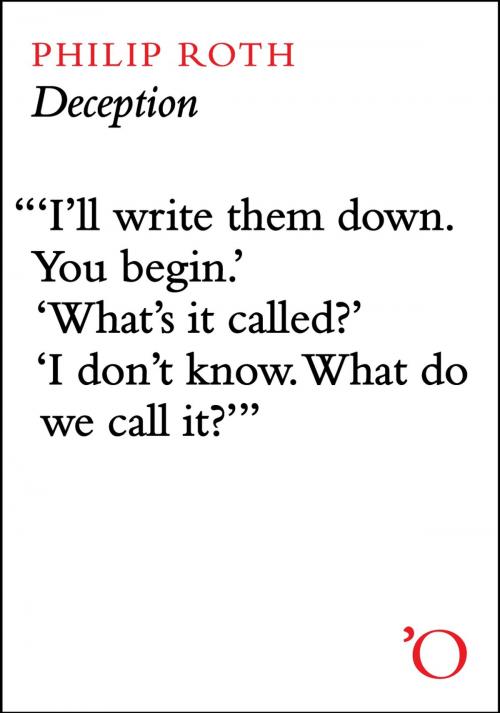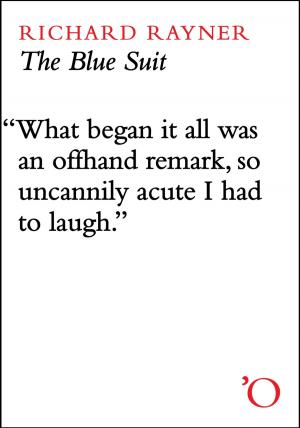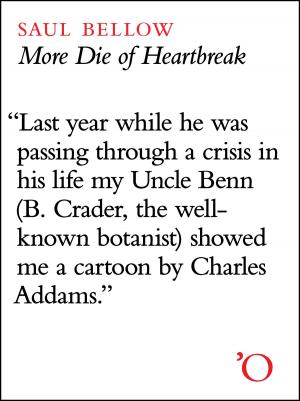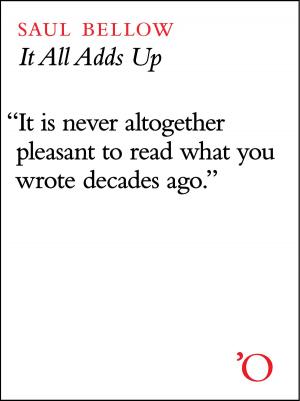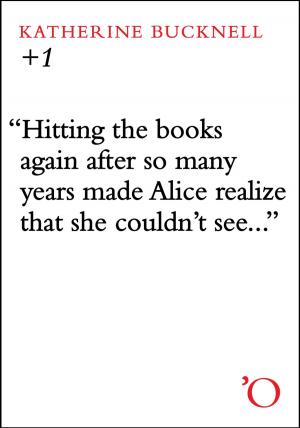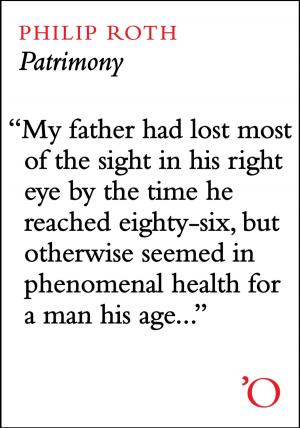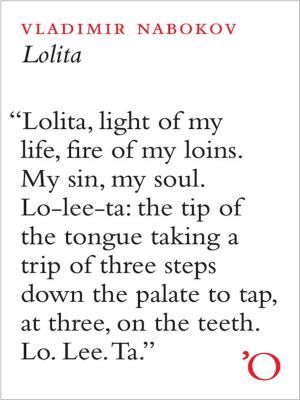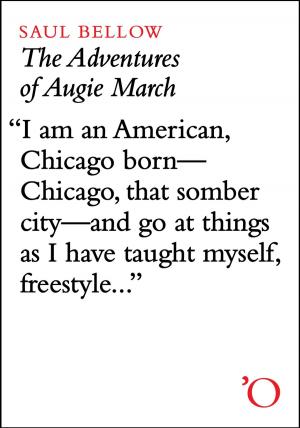| Author: | Philip Roth | ISBN: | 9781623730048 |
| Publisher: | Odyssey Editions | Publication: | January 4, 2013 |
| Imprint: | Odyssey Editions | Language: | English |
| Author: | Philip Roth |
| ISBN: | 9781623730048 |
| Publisher: | Odyssey Editions |
| Publication: | January 4, 2013 |
| Imprint: | Odyssey Editions |
| Language: | English |
“With the lover everyday life recedes,” Roth writes—and exhibiting all his skill as a brilliant observer of human passion, he presents in Deception the tightly enclosed world of adulterous intimacy with a directness that has no equal in American fiction. This chilling and unconventional novel is about the infidelity of language itself, as told through the tender whispers, heated arguments and loaded words of two lovers attempting to escape from their spouses, their histories and themselves.
At the center of Deception are two adulterers in their hiding place. He is a middle-aged American writer named Philip, living in London, and she is an articulate, intelligent, well-educated Englishwoman compromised by a humiliating marriage to which, in her thirties, she is already nervously half-resigned. The book’s action consists of conversation—mainly the lovers talking to each other before and after making love. That dialogue—sharp, rich, playful, inquiring, “moving” as Hermione Lee writes, “on a scale of pain from furious bafflement to stoic gaiety”—is nearly all there is to this book, and all there needs to be.
“With the lover everyday life recedes,” Roth writes—and exhibiting all his skill as a brilliant observer of human passion, he presents in Deception the tightly enclosed world of adulterous intimacy with a directness that has no equal in American fiction. This chilling and unconventional novel is about the infidelity of language itself, as told through the tender whispers, heated arguments and loaded words of two lovers attempting to escape from their spouses, their histories and themselves.
At the center of Deception are two adulterers in their hiding place. He is a middle-aged American writer named Philip, living in London, and she is an articulate, intelligent, well-educated Englishwoman compromised by a humiliating marriage to which, in her thirties, she is already nervously half-resigned. The book’s action consists of conversation—mainly the lovers talking to each other before and after making love. That dialogue—sharp, rich, playful, inquiring, “moving” as Hermione Lee writes, “on a scale of pain from furious bafflement to stoic gaiety”—is nearly all there is to this book, and all there needs to be.
